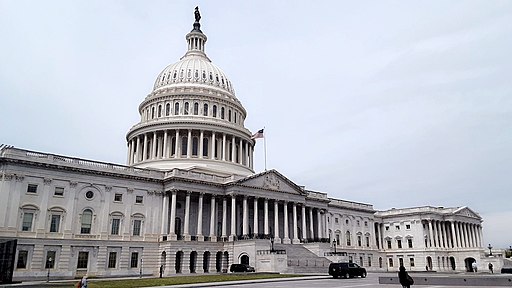The U.S. Senate passed a resolution under the Congressional Review Act (CRA) on May 11 to block a rule made by the U.S. Comptroller of the Currency (OCC) in Oct. 2020.
The final vote was 52-47, with three Republicans, Susan Collins (Maine), Cynthia Lummis (Wyo.), and Marco Rubio (Fla.), voting in favor of the resolution. 47 Democrats and the two independent senators, Angus King (Maine) and Bernie Sanders (Vt.), voted in favor of the resolution. Senator Martin Heinrich (D-N.M.) did not vote.
The rule, published in the _Federal Register_ on October 30, 2020, aims to clarify when banks are the true lender in situations where banks provide the money for third-party organizations to extend credit to borrowers.
The Congressional Review Act gives Congress a chance to review and reject any new regulatory rules created by federal administrative agencies. Both houses of Congress have to pass a resolution disapproving the OCC rule and President Biden would then have to sign that resolution into law to block the rule. Since the law’s creation in 1996, Congress has used the CRA to repeal 17 out of the more than 90,767 rules published in the Federal Register during that time.
The OCC rule went into effect on Dec. 29, 2020. According to the _Congressional Record_, Congress has 60 days from Feb. 3, 2021, to use the CRA to block regulatory activity taken near the end of the Trump administration. Rules published by the Trump administration after Aug. 21, 2020, fall within the CRA lookback window.
U.S. Representative Jesús “Chuy” García (D-Ill.) introduced a companion resolution in the U.S. House of Representatives on March 26, 2021.
To learn more about the Congressional Review Act (CRA), see here:
Additional reading:
- Administrative Procedure Act
- Final rule
- Midnight rulemaking
- Easter deadline to use Congressional Review Act to repeal end-of-term Trump administration regulatory activity (2021)
- Administrative state
Link to the U.S. Senate Resolution:
https://www.congress.gov/bill/117th-congress/senate-joint-resolution/15
Link to the OCC rule:


